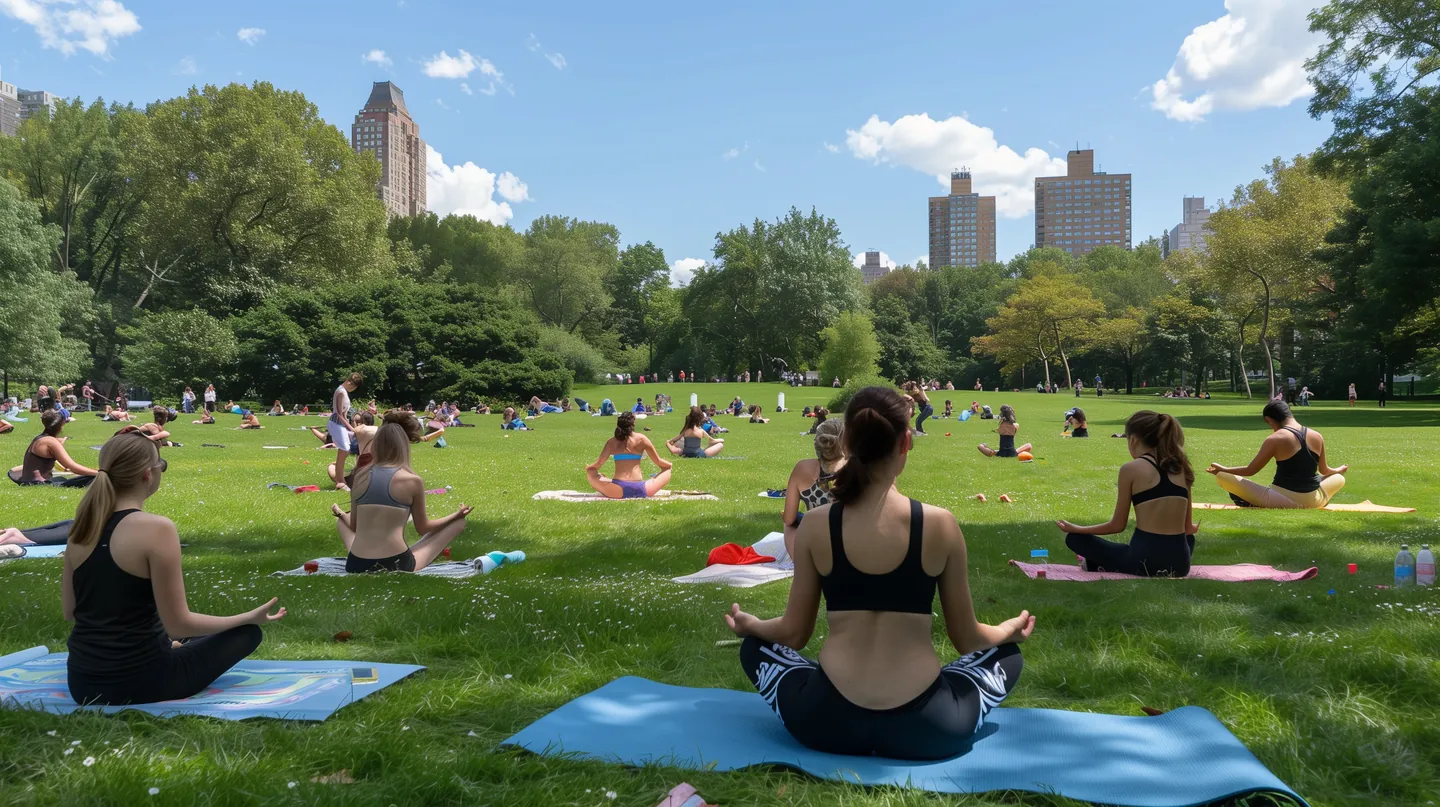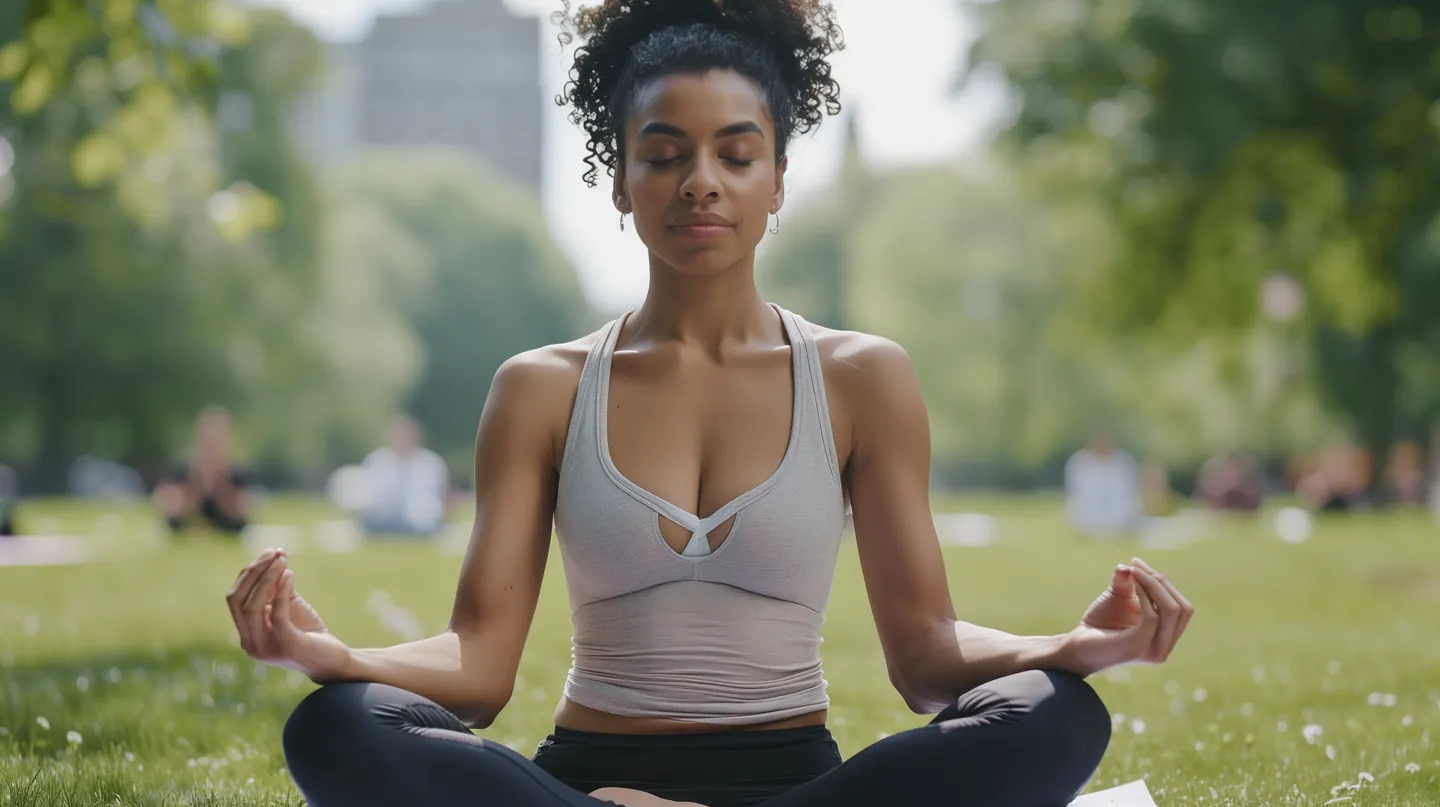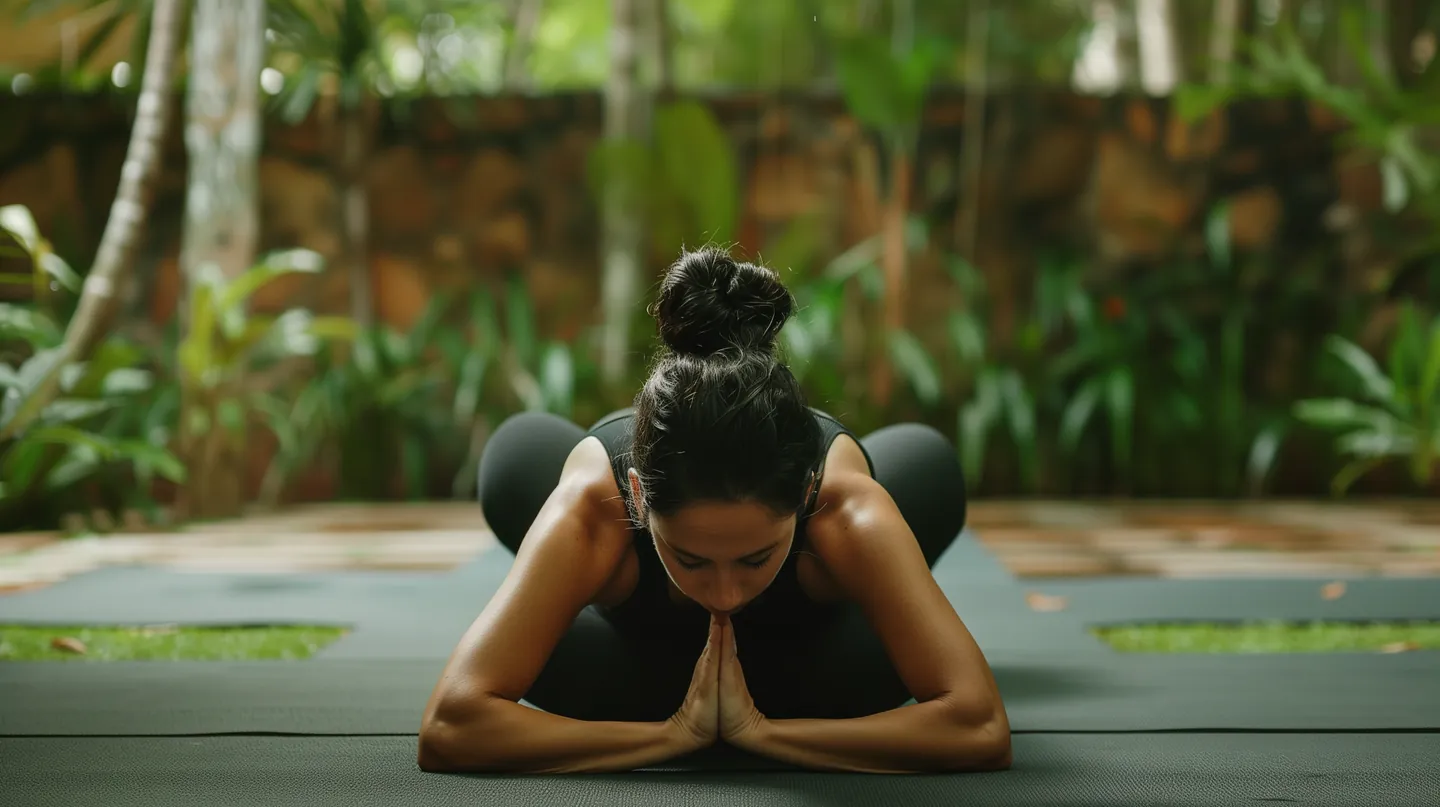In our contemporary, hectic society, numerous individuals are exploring methods to boost both their physical and mental health. Yoga, a highly effective and accessible option, has grown increasingly popular as a means to cultivate mindfulness and wellness, aiding in the attainment of both inner tranquility and harmony.
Originating from India over five thousand years ago, yoga is an ancient tradition that provides essential techniques for balancing the mind, body, and spirit. It enhances not only physical strength but also fosters inner peace, improving overall life quality and health.
What is Yoga

Yoga is a time-honored discipline that began in India, uniting physical poses, breath control, and meditation to improve overall health. The word "yoga" means "union," indicative of the harmony among body, mind, and spirit. This practice encompasses a variety of styles and methods, ranging from the calming Hatha yoga to the vigorous Ashtanga yoga, each offering unique advantages. More than just physical exercises, yoga is a philosophy focused on attaining a balance both within and outside oneself.
Benefits of Yoga

- Immune System Enhancement: Yoga boosts circulation of blood and lymph, thus strengthening the immune system and heightening resistance to illnesses. The various postures invigorate internal organs, improving their function and facilitating detoxification. Consistent practice not only bolsters overall health but also fortifies the immune response, warding off various health issues.
- Sleep Quality Enhancement: Engaging in yoga regularly enhances sleep quality, diminishes symptoms of insomnia, and promotes deep, peaceful rest. Techniques for relaxation and controlled breathing, such as "Shavasana" and "Pranayama," quiet the mind and ready the body for profound sleep. Yoga relieves built-up stress and fatigue, making it easier to fall asleep and ensuring a restorative rest.
- Cultivation of Mindfulness: Mindfulness involves being fully present in the moment, cognizant of thoughts, emotions, and surroundings without judgment. Yoga nurtures this mindfulness, which in turn positively affects mental well-being and overall health.
- Meditation: An integral part of yoga, meditation fosters the development of mindfulness. Regular sessions can soothe the mind, enhance focus, and lower stress levels. Techniques such as "Vipassana" and "Metta" promote profound internal tranquility and mental lucidity. These meditation practices impact not just stress levels but also cognitive functions such as memory and concentration.
- Breathing Techniques: Integral to yoga, deliberate breathing is crucial for managing emotions and enhancing physical health, facilitating deep relaxation. Techniques such as "Ujjayi" and "Kapalabhati" cleanse both the mind and body, leading to improved overall wellness. Mindful breathing reduces anxiety and boosts health by increasing oxygenation within the body.
- Asanas: The physical postures practiced in yoga do more than just build strength; they also help center the mind on the present moment, encouraging mindfulness. Poses like "Tadasana" and "Baddha Konasana" improve balance and internal focus. Thoughtful execution of asanas enhances posture and flexibility, fortifies muscles and ligaments, and sharpens concentration.
Beginning a Yoga Practice

When starting yoga, it is important to choose the right style and difficulty level. Whether opting for the gentle approach of Hatha or the more vigorous Ashtanga, beginning with foundational poses and gradually increasing the challenge is advisable.
- Finding an Instructor: For beginners, selecting a proficient instructor is vital to learning the basics safely and effectively. An experienced teacher will guide proper posture and adapt the practice to individual needs, helping to avoid injuries and optimize the benefits of each session.
- Consistency: Regular practice is essential for observing significant benefits. Even a daily practice of just 15-20 minutes can greatly enhance well-being. Gradually increasing both the duration and intensity of sessions over time will yield the best results, fostering a routine that promotes ongoing improvement in physical and mental health.
- Appropriate Gear: Engaging in yoga requires comfortable clothing, a mat, and possibly additional equipment such as blocks and straps. Attire should allow for unrestricted movement, while a high-quality mat offers comfort and safety by preventing slips and supporting the body during various asanas.
Conclusion

Yoga, as a practice for mindfulness and health, serves as a potent tool for enhancing both physical and mental states. Regular engagement in yoga fortifies the body, reduces stress, and cultivates mindfulness, leading to greater harmony and well-being. The practice provides unique avenues for self-exploration and improvement, helping each individual discover a path to inner peace and balance. Begin your yoga journey today to experience these transformative benefits firsthand.
Yoga transcends physical exercise; it is a pathway to balance and well-being that can elevate your quality of life and achieve internal equilibrium. No matter your age or fitness level, yoga presents a multitude of opportunities for personal growth and health enhancement. Commit to regular practice, heed the needs of your body and mind, and you will likely witness positive changes in your life.










